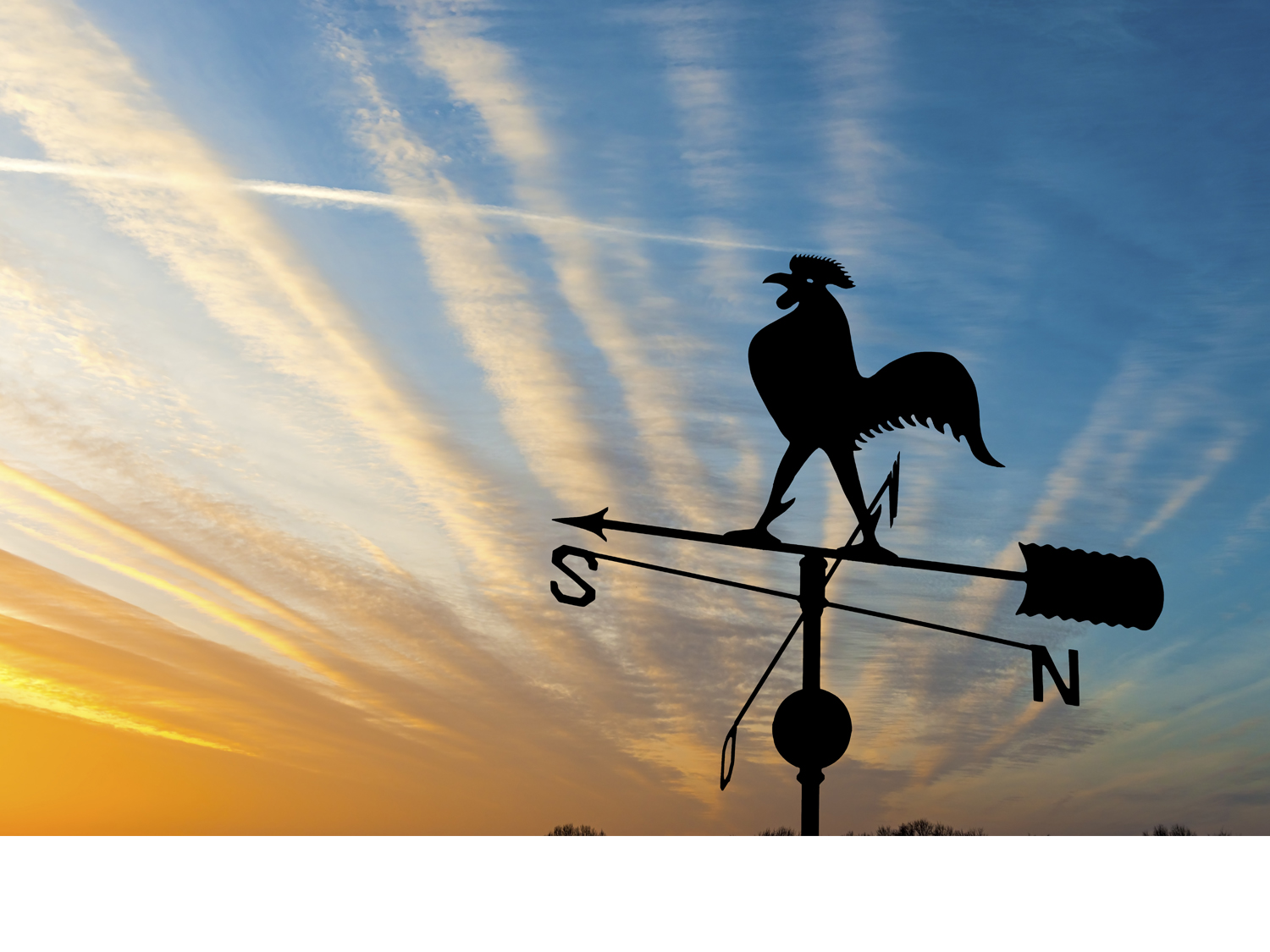Guided Tours to GermanyExperience the Heart of Europe: Guided Tours to Germany Await
When do you want to go?
2024
I'm flexible
Passengers
Adults (18+)
Children (0 - 17)
Our best offers for guided tours in to Germany
Welcome to Germany

Germany, officially known as the Federal Republic of Germany, stands as a beacon of cultural richness, historical depth, and technological innovation. Nestled in the heart of Europe, this country boasts a captivating blend of medieval charm and modern dynamism. Let's embark on a journey through its multifaceted landscapes, storied history, vibrant culture, and economic prowess.
About our Guided Tours to Germany
Exploring Germany on a guided tour provides a fascinating blend of historical lessons, cultural encounters, and breathtaking scenery. Guides, who are frequently locals or historians, provide in-depth knowledge of Germany's past and present, bringing places to life via anecdotes and facts. These tours manage all logistics, allowing passengers to unwind and enjoy their trip. Structured itineraries make the best use of time by covering both must-see sights and hidden gems effectively. Additionally, guided excursions provide a social experience, allowing you to meet like-minded travellers from all around the world.
Germany group tours
Germany Highlights
Berlin
Berlin, the capital city of Germany, is a vibrant metropolis steeped in history. One of its most iconic landmarks is the Brandenburg Gate, a neoclassical monument symbolizing peace and unity. Another must-see is the Berlin Wall, which once divided the city and now stands as a historical monument. The East Side Gallery, a preserved section of the wall, is adorned with murals by artists from around the globe. For culture enthusiasts, Museum Island, a UNESCO World Heritage site, houses five major museums, including the Pergamon Museum and the Altes Museum, offering art and artifacts from various epochs and cultures.
Dresden
Dresden, the capital of Saxony, is known for its cultural and architectural treasures. The Zwinger Palace, a Baroque palace complex, is home to several museums, including the Old Masters Picture Gallery and the Royal Cabinet of Mathematical and Physical Instruments. The Frauenkirche (Church of Our Lady), a stunning Baroque church, was rebuilt after its destruction in World War II and stands as a symbol of reconciliation. The Semperoper, Dresden’s opera house, is renowned for its architecture and acoustics, hosting world-class performances.
Munich
Munich, the capital of Bavaria, is known for its blend of traditional and modern attractions. Marienplatz, the heart of Munich, features the New Town Hall with its famous Glockenspiel, which performs daily shows. The city’s Nymphenburg Palace, a grand Baroque palace surrounded by beautiful gardens, houses several museums, including the Marstallmuseum and the Porcelain Museum. The English Garden, one of the largest urban parks in the world, offers serene landscapes, beer gardens, and even a spot for surfing on the Eisbach River.
Regensburg
Regensburg, located along the Danube River in Bavaria, is one of Germany's best-preserved medieval cities. Its Old Town, a UNESCO World Heritage Site, boasts over 1,000 historical buildings, including the impressive Regensburg Cathedral (Dom St. Peter), a Gothic masterpiece. The Stone Bridge, built in the 12th century, is a remarkable engineering feat and offers stunning views of the city. Visitors can explore the narrow alleys and charming squares, enjoying the lively atmosphere of this historic city. Regensburg is also known for its vibrant cultural scene, with numerous festivals, theaters, and museums.
Hamburg
Hamburg, Germany’s second-largest city, is renowned for its maritime heritage. The Port of Hamburg, known as the "Gateway to the World," is a bustling harbor with historical significance. Nearby, the Miniatur Wunderland features the world’s largest model railway. The Elbphilharmonie, a modern concert hall with stunning architecture, is one of the most acoustically advanced venues globally. For those seeking nightlife, Hamburg's Reeperbahn, the famous entertainment district, offers theaters, bars, and clubs.
The Black Forest
The Black Forest (Schwarzwald) is a picturesque region in southwest Germany, known for its dense woods, charming villages, and outdoor activities. Triberg Waterfalls, one of the highest waterfalls in Germany, is a popular destination surrounded by dense forests. Baden-Baden, a spa town within the Black Forest, is known for its thermal baths, offering relaxation and luxury amidst picturesque surroundings. Titisee Lake, a glacial lake, is perfect for boating, swimming, and hiking, surrounded by the beautiful Black Forest scenery.
What to Expect - Why Visit Germany?
Rich Historical Heritage
Germany's history is deeply embedded in its cities, landmarks, and museums. In Berlin, you can visit the iconic Brandenburg Gate, the remnants of the Berlin Wall, and the Reichstag building. The medieval towns of Heidelberg and Rothenburg ob der Tauber offer a glimpse into the past with their well-preserved architecture and historic castles. Visiting sites like the Dachau Concentration Camp Memorial near Munich provides a poignant reminder of the country's more recent history.
Vibrant Culture and Art
Germany’s cultural scene is dynamic and diverse. Major cities like Berlin, Munich, and Hamburg are home to world-class museums, galleries, and theaters. Berlin's Museum Island is a UNESCO World Heritage Site housing five internationally significant museums. The city of Leipzig hosts the annual Bachfest, celebrating the music of Johann Sebastian Bach, while Bayreuth is famous for its Wagner Festival. Germany's contributions to art, music, and literature are celebrated at numerous cultural events throughout the year.
Scenic Landscapes and Nature
Germany offers some of Europe’s most beautiful natural landscapes. The Bavarian Alps provide stunning views and excellent opportunities for hiking, skiing, and mountaineering. The Black Forest, with its dense woods and charming villages, is perfect for outdoor activities and relaxation. The Rhine River Valley is renowned for its picturesque vineyards and historic castles, making it ideal for river cruises and wine tasting. The serene lakes, such as Lake Constance and Lake Königssee, add to the country's natural allure.
Culinary Delights
German cuisine is hearty and varied, with regional specialties that delight food enthusiasts. From Bavarian pretzels and Weisswurst to Swabian Maultaschen and Rhineland Sauerbraten, the culinary landscape is diverse. Germany is also famous for its beer culture, especially in Bavaria, home to the world-renowned Oktoberfest in Munich. Wine lovers can enjoy some of the best Riesling wines in the Rhine and Moselle regions, with numerous wine festivals offering tastings and celebrations.
Festivals and Traditions
Germany is a country that loves its festivals. Oktoberfest, the world’s largest beer festival, attracts millions of visitors each year with its lively atmosphere, traditional music, and endless beer. The country’s Christmas markets, such as those in Nuremberg and Dresden, are magical winter experiences offering festive decorations, handmade gifts, and delicious seasonal treats. Carnival (Karneval) in cities like Cologne and Düsseldorf features vibrant parades, elaborate costumes, and street parties.
Festivals in Germany

Germany is a country rich in traditions and celebrations, offering a diverse array of festivals that attract millions of visitors each year. From world-famous events like Oktoberfest to charming local celebrations, these festivals provide a unique insight into German culture and heritage.
Oktoberfest (Munich):
Oktoberfest in Munich, the world's largest beer festival, held from late September to early October. This iconic celebration draws over six million visitors who come to enjoy traditional Bavarian music, dance, and cuisine, especially the specially brewed Märzen beer served in large tents. Highlights include parades, amusement rides, games, and the wearing of traditional Bavarian attire like Lederhosen and Dirndls. The grand parade of carriages, floats, and people in traditional costumes is a must-see event.
Christmas Markets (Weihnachtsmärkte):
Germany’s Christmas markets, known as Weihnachtsmärkte, are another major attraction, offering a festive atmosphere filled with twinkling lights and seasonal treats from late November to Christmas Eve. Each market features charming wooden stalls selling handcrafted gifts, ornaments, and holiday foods. Famous markets include Nuremberg Christkindlesmarkt, celebrated for its traditional crafts and the iconic Christkind angel; Dresden Striezelmarkt with its large wooden pyramid and Stollen festival; and Cologne Christmas Market, set against the backdrop of the Cologne Cathedral and featuring an ice rink.
Karneval (Carnival/Fasching/Fastnacht):
Karneval, also known as Carnival or Fasching, is celebrated primarily in the Rhineland region in February or March before Lent. This vibrant festival includes parades, masquerade balls, and street parties, with Cologne’s Rosenmontag parade being the highlight, featuring floats, bands, and people in elaborate costumes. Unique traditions like "Weiberfastnacht" (Women’s Carnival Day) in Cologne, where women symbolically take over town halls and cut men’s ties, add to the festive atmosphere.
Erntedankfest (Harvest Festival):
Erntedankfest, Germany’s version of Thanksgiving, is celebrated in late September or early October to give thanks for the harvest. The festival involves church services, processions, music, dancing, and feasts featuring seasonal produce. Notable celebrations include the Korbmarkt in Lichtenfels, a large harvest festival with a market dedicated to traditional basket weaving and other crafts, and the Bavarian Almabtrieb, where cows are decorated with flowers and bells as they are driven down from alpine pastures to valleys for winter.
Frequently asked questions
What is the best time to visit Germany?
The best time to visit Germany depends on your interests. Spring (April to June) and fall (September to November) offer pleasant weather and fewer crowds. Summer (July to August) is great for outdoor activities and festivals, but it's also the peak tourist season. Winter (December to February) is perfect for experiencing Germany’s famous Christmas markets and winter sports in the Alps.
Do I need a visa to visit Germany?
If you are a citizen of the European Union (EU) or the Schengen Area, you do not need a visa to enter Germany. Citizens of many other countries, including the United States, Canada, Australia, and Japan, can enter Germany for up to 90 days without a visa. It's best to check the latest visa requirements based on your nationality before traveling.
What is the currency used in Germany?
The currency used in Germany is the euro (€). Credit and debit cards are widely accepted in most places, but it’s a good idea to carry some cash, especially for small purchases or in rural areas.
Is English widely spoken in Germany?
Yes, English is widely spoken in Germany, especially in major cities and tourist areas. Most Germans speak at least some English, and you will find that many signs, menus, and information in tourist areas are also available in English. However, learning a few basic German phrases can enhance your travel experience.
What are some must-try German foods?
German cuisine is diverse and varies by region. Some must-try foods include bratwurst (grilled sausage), schnitzel (breaded and fried meat), sauerkraut (fermented cabbage), pretzels, and various types of bread. Don’t forget to try traditional dishes like Schweinshaxe (pork knuckle) in Bavaria and Spätzle (soft egg noodles) in Swabia. Germany is also famous for its beer, especially during Oktoberfest.
Are there any cultural etiquettes I should be aware of?
Yes, there are a few cultural etiquettes to keep in mind
Punctuality: Germans value punctuality, so try to be on time for appointments and reservations.
Greetings: A firm handshake with eye contact is a common greeting. It’s polite to address people with their titles and last names unless invited to use their first names.
Tipping: Tipping is appreciated but not obligatory. Rounding up the bill or leaving a 5-10% tip for good service is customary.
What are some safety tips for traveling in Germany?
Germany is generally a very safe country for tourists. However, it’s always wise to take basic precautions:
Keep an eye on your belongings in crowded areas and public transport.
Be cautious in tourist-heavy areas where pickpocketing can occur.
Follow local laws and regulations.
Carry a copy of your passport and important documents.
What is Germany's emergency contact number?
The emergency contact number in Germany for police, fire, and medical emergencies is 112. This number is free to call and can be dialed from any phone, including mobile phones without a SIM card.
Europe travel guides
Our customers say
Excellent
4.4 out of 5 based on 275 reviews

















